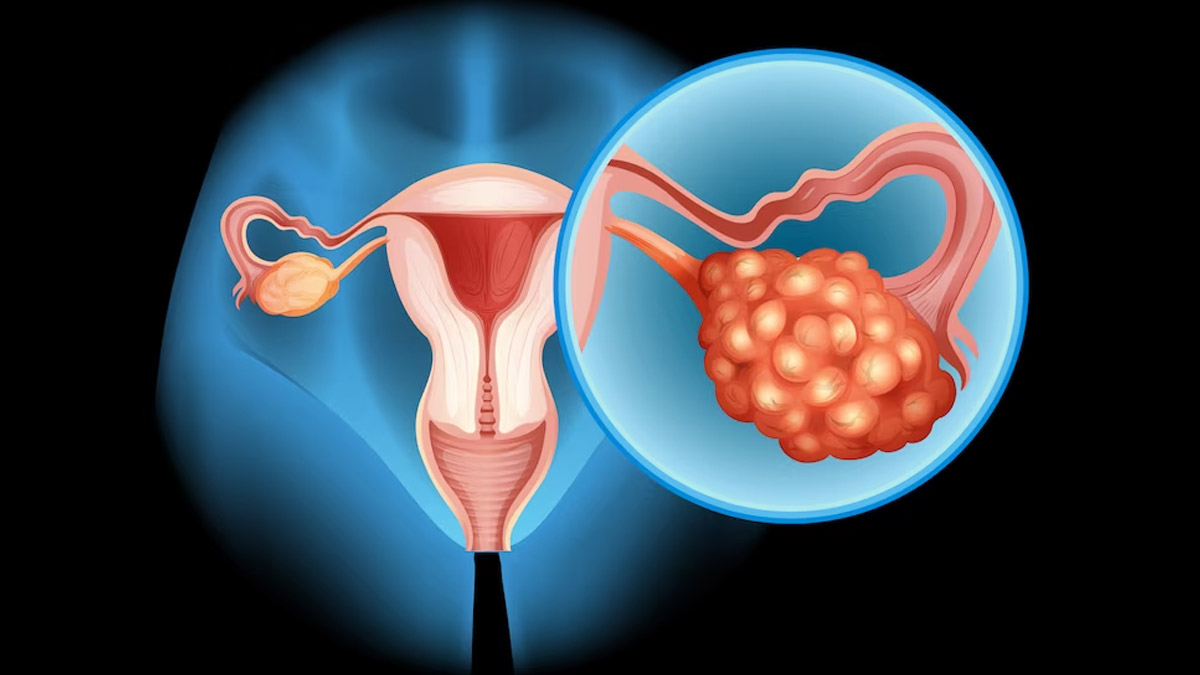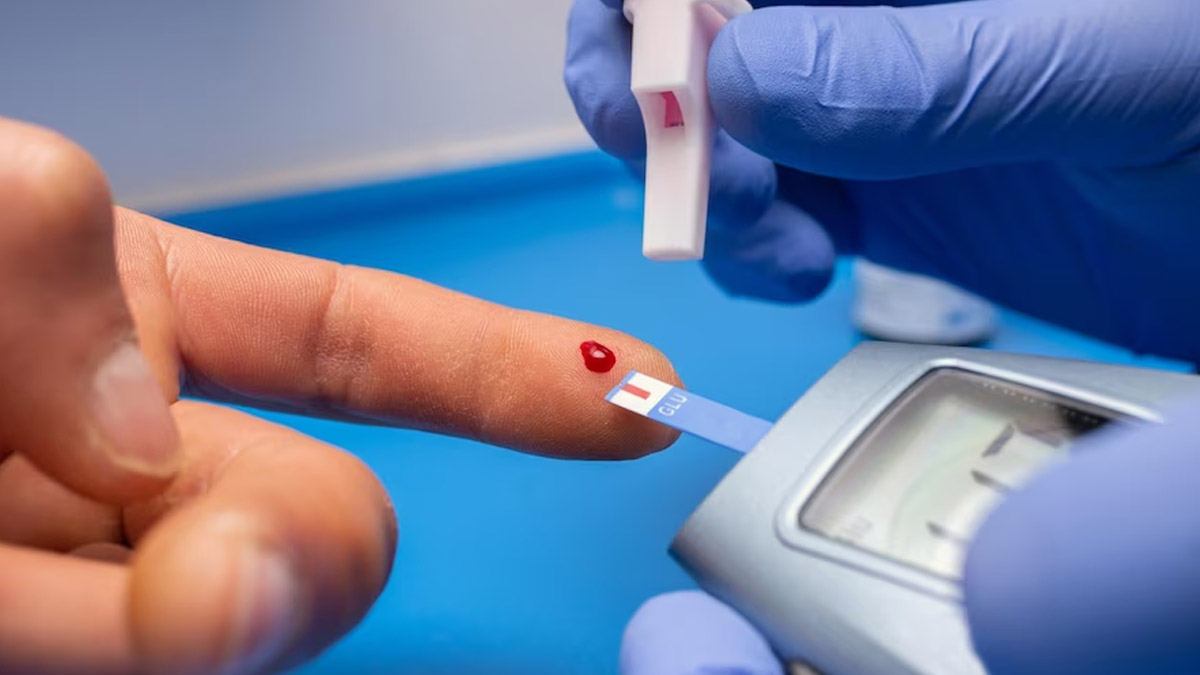
Polycystic Ovary Syndrome (PCOS) is a common hormonal disorder affecting many women worldwide. While PCOS is primarily associated with reproductive issues, it can also have far-reaching metabolic implications. Were you aware that PCOS can also put you at an increased risk of diabetes? As per the Centre For Disease Control And Prevention, more than half of women with PCOS develop type 2 diabetes by the age of 40.
To understand this curious link, the team of OnlyMyHealth talked to Dr Asmita Dongare, Consultant, Obstetrics And Gynaecology, Manipal Hospitals, Pune.
The Link Between Diabetes And PCOS

Hormonal imbalances, irregular periods, and the presence of small cysts on the ovaries are some of the common symptoms of PCOS which primarily affects women of childbearing age. However, beyond its impact on fertility, PCOS can contribute to various metabolic disturbances, including insulin resistance.
Explaining what insulin resistance is, Dr Dongare said, “Insulin is a hormone that controls the level of blood glucose and it is produced by the pancreas. If you have PCOS, your body may not respond to insulin, which is also called insulin resistance. This makes the blood glucose levels to remain high, in response to which, the body begins to produce more insulin. This fluctuation in insulin levels, and its inability to break down glucose in the blood, manifests into a lifelong problem, which is called diabetes.”
Also Read: PCOS Awareness Month: 10 Foods To Avoid for Better Health
“High levels of insulin can cause weight gain, irregularity in periods, fertility problems, and the levels of testosterone in a woman’s body,” added Dr Dongare.
Best Diet Practices to Manage PCOS and Prevent Diabetes

Maintaining a healthy diet is crucial for managing PCOS and reducing the risk of diabetes. Underscoring the same, Dr Dongre shared, “The main thing for people to prevent diabetes in the case of PCOS is to eat a balanced diet and follow a healthy lifestyle. Eat your meals regularly and exercise regularly for at least 30 minutes a day. Make sure that your weight is under control and your body mass index is between 19 to 25. Avoid foods which are high in carbohydrates, and cut down on sugar, salt, and caffeine.” To prevent diabetes in the case of PCOS, here are some dietary strategies that can help:
- Balanced Macronutrients: Focus on a balanced intake of carbohydrates, proteins, and fats. Opt for complex carbohydrates (whole grains, vegetables) over simple sugars to stabilise blood sugar levels.
- Low-Glycemic Foods: Choose foods with a low glycemic index (GI) to prevent rapid spikes in blood sugar. Examples include quinoa, legumes, and non-starchy vegetables.
- Lean Proteins: Incorporate lean protein sources like poultry, fish, tofu, and beans into your diet to support muscle health and manage hunger.
- Healthy Fats: Include sources of healthy fats, such as avocados, nuts, and olive oil, to improve insulin sensitivity.
- Portion Control: Be mindful of portion sizes to avoid overeating and manage weight, a crucial factor in PCOS management.
- Regular Meals: Eating at consistent intervals can help regulate blood sugar levels. Avoid skipping meals, which can lead to overeating later in the day.
Understanding the link between PCOS, diet, and diabetes is essential for women dealing with these conditions, otherwise, it can put you at an increased risk of developing diabetes. Diabetes is a hectic disease that requires very careful monitoring and management after every meal. A well-balanced diet, regular exercise, and proactive management of insulin resistance can help prevent or mitigate the development of diabetes in individuals with PCOS. It’s crucial if you suffer from PCOS to work closely with healthcare professionals to develop a personalised plan that addresses your unique dietary needs, reducing the risk of diabetes and its associated complications.




